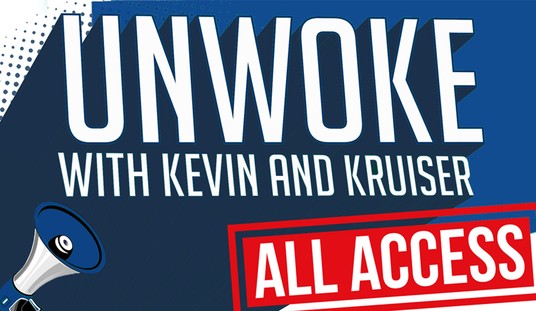Israel’s recent war in Gaza was waged for the simplest of reasons: to deter Hamas from firing Qassam and Grad rockets. Whether or not the Israelis succeeded is an open question. An Israeli soldier — “who, by the way, was an Arab”:http://yaacovlozowick.blogspot.com/2009/01/muted-frightened-pride-of-israeli-arab.html — was killed by a roadside bomb next to the border with Gaza a few days ago. But if the aftermath of the less successful Second Lebanon War against Hezbollah in 2006 suggests anything, Hamas is likely to cool its guns for a while. Hezbollah’s Secretary General Hassan Nasrallah declared a “divine victory” in August of 2006, and most Israelis agreed. Bombastic boasts to the contrary, however, Hezbollah lost, and Hezbollah knows it.
I’m hardly the first to point out that Hezbollah sat out the Gaza war. Somebody fired a salvo of rockets into Israel from South Lebanon on January 8, and Hezbollah couldn’t distance itself from the attack fast enough. If the 2006 war was such a success, why wouldn’t Nasrallah want to rack up another divine victory? He could hardly ask for a more auspicious time to launch the next round if that’s what he was planning. The Israel Defense Forces were busy and preoccupied in Gaza, and much of world opinion had already turned sharply against the Israelis. If Nasrallah’s passivity doesn’t prove he feels more reluctant to pick a fight than he did in 2006, it certainly strongly suggests it.
There’s something else, though, that only a handful of analysts have remarked on. Very few people in Lebanon sincerely think Hezbollah won the 2006 war. It’s mostly Arabs outside Lebanon who take Nasrallah’s declaration of “divine victory” seriously.
Leave aside the fact that ten times more Lebanese than Israelis were killed in that war, and that the centers of entire towns in South Lebanon were destroyed from the skies. It’s theoretically possible that the Lebanese could delude themselves into thinking they won. Most Egyptians, after all, think they beat Israel in the 1973 Yom Kippur war, though they most certainly did not. And denial is a river that flows through other lands besides Egypt.
Nasrallah, though, was all but forced to apologize to Lebanese for the death and destruction he brought down on their heads. “We did not believe,” he said on Lebanon’s New TV station, “even by one percent, that the captive operation would result in such a wide-scale war, as such a war did not take place in the history of wars. Had we known that the captive operation would result in such a war we would not have carried it out at all.”
These are not the words of a man who thinks of himself as a victor. Nor are these the words of a man speaking to those who think they have won. He did not issue his apology because he hoped to appease his Christian, Sunni, and Druze opponents in Lebanon. He routinely, and absurdly, dismisses their March 14 coalition as the “Zionist hand.” No. Nasrallah apologized because his Israeli adventure devastated his own Shia community.
It’s not easy finding Lebanese who are interested in a repeat. I drove from Beirut to South Lebanon shortly after the war to survey the destruction with a couple of Hezbollah’s political enemies. My guide Said succinctly summed up the reaction I heard from most when we parked amid the rubble of downtown of Bint Jbail. “So this is our victory,” “he sarcastically said”:http://www.michaeltotten.com/archives/2007/01/so-this-is-our-victory.php. “This is how Hezbollah wins. Israel destroys our country while they sleep safely and soundly in theirs.”
Don’t assume only March-14 Lebanese feel this way. The Shias of South Lebanon feel it more acutely than most since they suffered the brunt of the damage. But even many of Nasrallah’s allies elsewhere in Lebanon aren’t interested in more of the same. “Both sides lost and don’t want to do it again,” a supporter of Hezbollah’s ally Michel Aoun “said to me in Beirut”:http://www.michaeltotten.com/archives/2006/12/hezbollahs-christian-allies.php. “The situation in the South is finished. If it happens again, Nasrallah will lose his case.”
Predicting the future in a bottomlessly complicated society like Lebanon’s is a risky business, to be sure, but a clear majority have no interest in yet another bloody conflict. Most Lebanese, like most Israelis, prefer to be left alone. And most of Nasrallah’s supporters will tell you they want Hezbollah to deter Israeli invasions, not to invite Israeli invasions.
“Read the rest in Commentary Magazine”:http://www.commentarymagazine.com/blogs/index.php/totten/52642.
Who Really Won the Second Lebanon War

Advertisement








Join the conversation as a VIP Member